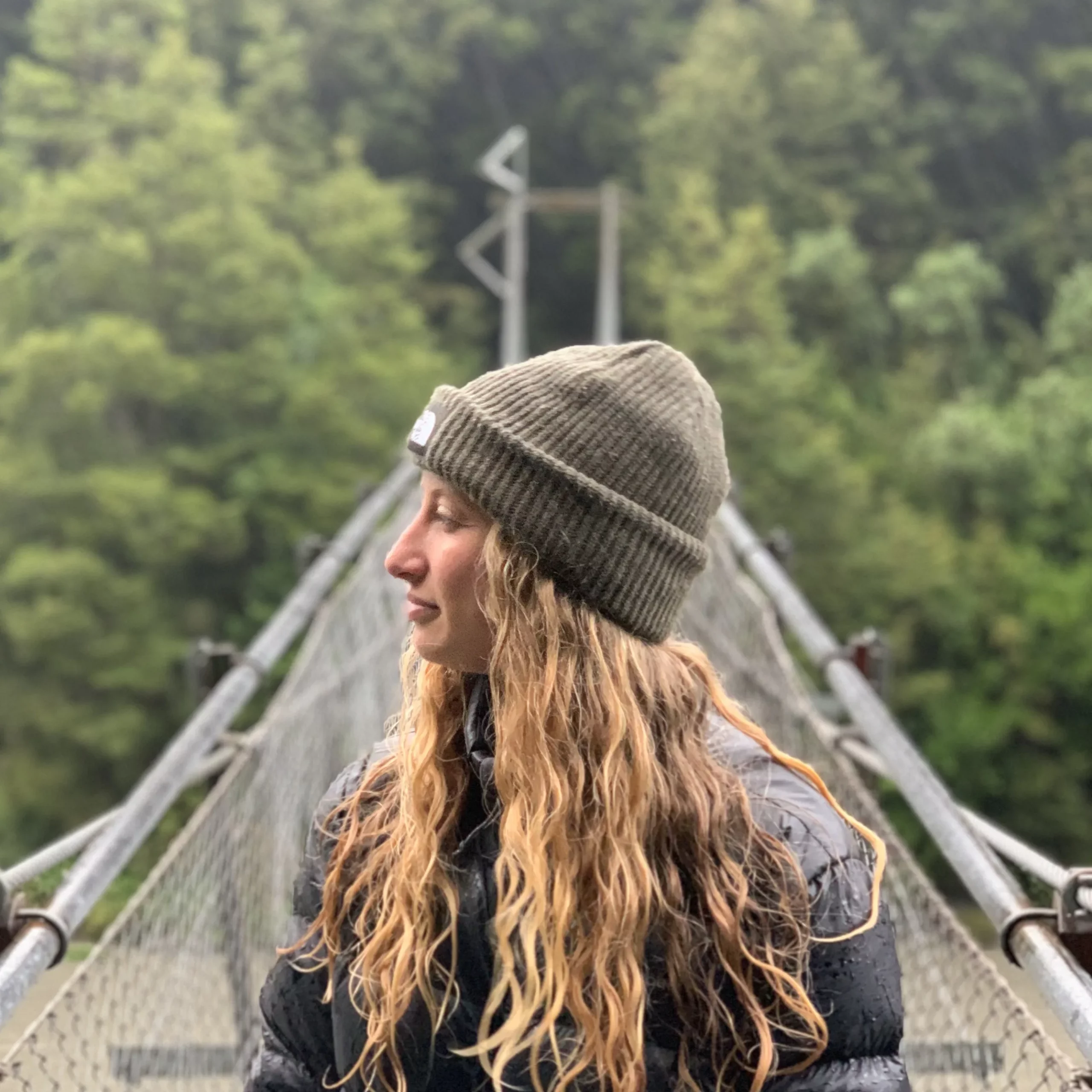The Ultimate Checklist for Planning a School Trip

Planning a school trip can be an exciting, but challenging experience. Whether it’s a field trip, a cultural excursion, or an educational tour, there are many things to consider to make sure the trip is successful and memorable for everyone involved. To help you get started, we have put together the ultimate checklist for planning a school trip.
Define the Purpose and Goals: The first step in planning a school trip is to define the purpose and goals of the trip. This will help ensure that the trip is meaningful and relevant to the students, and that it aligns with the educational goals of the school. Take the time to clearly outline the objectives of the trip and how they will be achieved.
Choose a Destination: The next step is to choose a destination for the trip. Consider factors such as cost, accessibility, climate, and cultural opportunities when making your choice. Make sure to confirm the availability of accommodations and activities at the chosen location before proceeding.
Establish a Budget: Once you have chosen a destination, it’s time to establish a budget for the trip. Determine the total cost of the trip, including transportation, accommodation, meals, activities, and emergency funds. If necessary, secure funding from parents, sponsors, or grants.
Determine Attendance: Next, decide on the number of attendees and chaperones needed for the trip, taking into account safety and supervision requirements. Make sure to provide a clear explanation of the trip to parents and students, and let them know what will be expected of them.
Transportation: Arranging for safe and reliable transportation is essential for a successful school trip. Whether you’re traveling by bus, plane, or train, make sure to book your transportation in advance to get the best rates.
Accommodations and Meals: Booking accommodations that meet the needs and budget of the group is crucial for a successful trip. Make sure to plan for meal options that are healthy and culturally appropriate, and take into account any special dietary needs of the students.
Itinerary and Schedule: Creating an itinerary that maximizes the educational opportunities of the trip and allows for adequate rest and leisure time is essential. Schedule activities and events in advance to ensure that they are available and that the students have the time to participate in them.
Permits and Insurance: Obtaining any necessary permits and insurance coverage for the trip is a critical step in the planning process. This may include liability insurance, travel insurance, and emergency medical insurance. Make sure to understand the requirements of your destination and the type of trip you’re planning.
Communication: Clear communication is key to a successful school trip. Make sure to communicate all details and expectations to attendees and their parents/guardians, including travel information, a packing list, a schedule of events, and behavior expectations.
First Aid and Emergency Equipment: Pack a first aid kit and any necessary emergency equipment, such as flashlights, maps, and communication devices. Make sure that everyone knows what to do in case of an emergency, and that the first aid kit is easily accessible.
Travel Documents: Confirm that all attendees have the necessary travel documents, such as passports, visas, and vaccination records. Make sure to allow enough time for the processing of these documents, as they can take several weeks to obtain.
Risk Management: Develop a risk management plan that outlines procedures for handling emergencies and other unforeseen events. Make sure to communicate this plan to everyone involved in the trip, so that they know what to do in case of an emergency. This can include things like contact information for local emergency services, designated meeting points, and evacuation procedures.
- Follow Up: After the trip, take some time to follow up with attendees, parents/guardians, and staff to gather feedback and make any necessary improvements for future trips. Consider distributing a survey or holding a debrief meeting to gather feedback and insights that can be used to improve future trips.
In conclusion, planning a school trip takes time, effort, and attention to detail. However, by following this ultimate checklist, you can help ensure that your trip is successful, educational, and enjoyable for everyone involved. Make sure to involve all relevant parties, including teachers, parents, and students, in the planning process, and be open to feedback and suggestions throughout the process. Happy travels!

